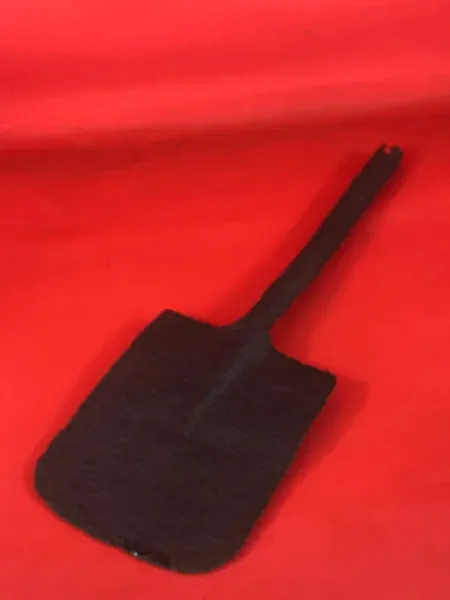 Image 1 of 7
Image 1 of 7

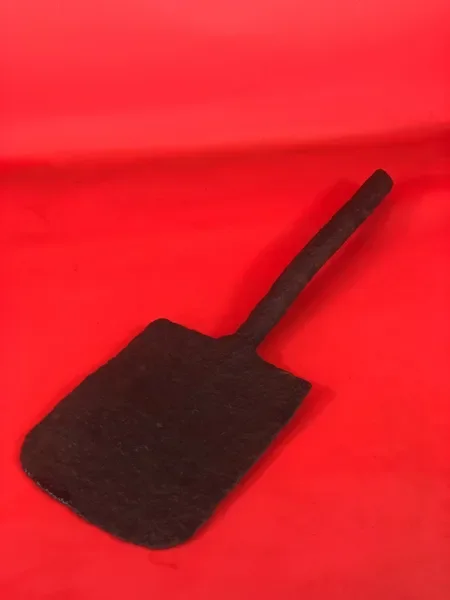 Image 2 of 7
Image 2 of 7

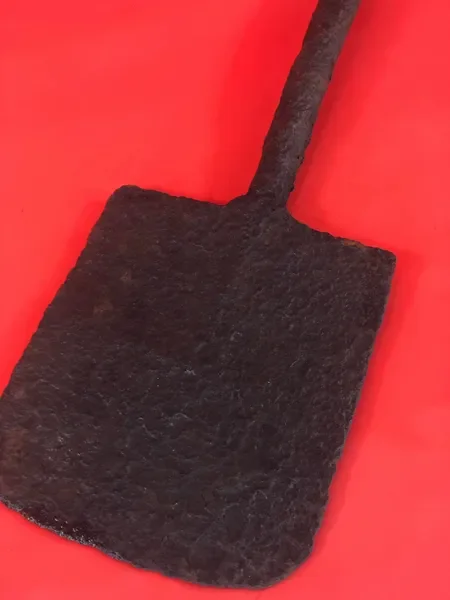 Image 3 of 7
Image 3 of 7

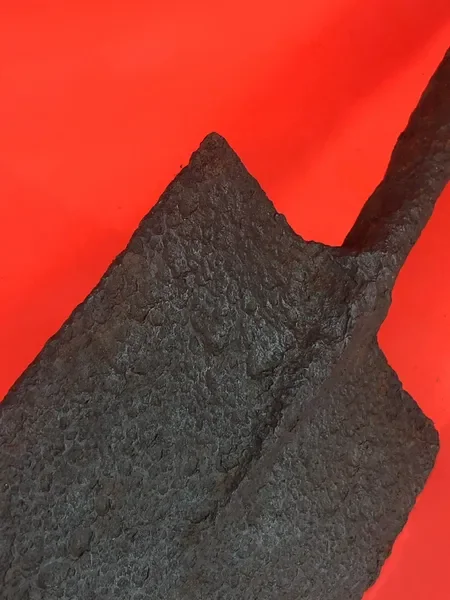 Image 4 of 7
Image 4 of 7

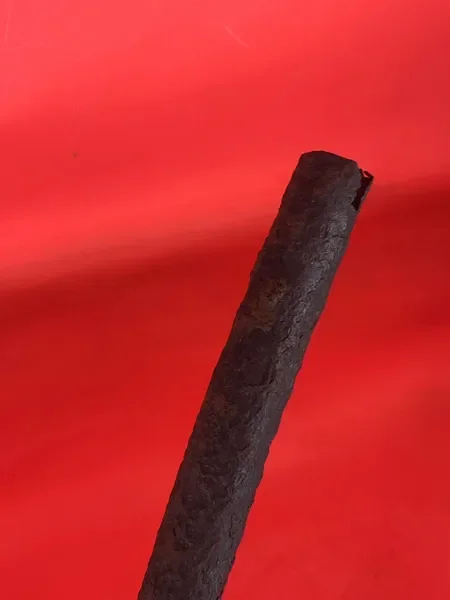 Image 5 of 7
Image 5 of 7

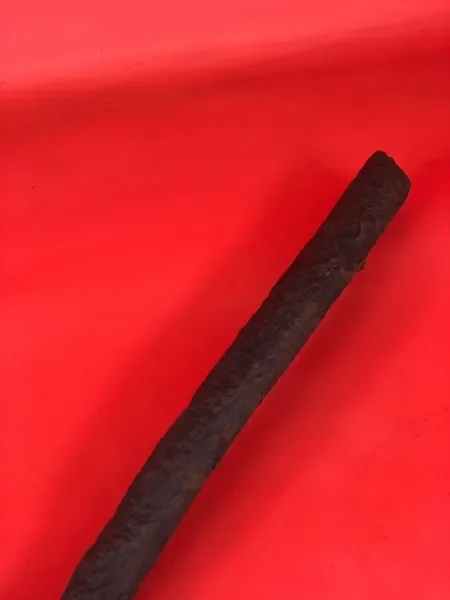 Image 6 of 7
Image 6 of 7

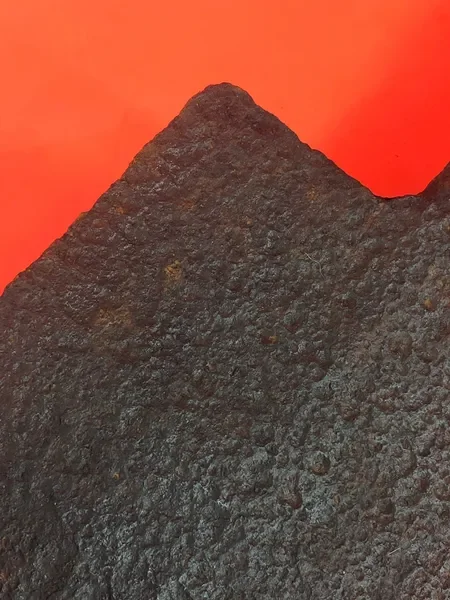 Image 7 of 7
Image 7 of 7








Rare German metal handle shovel belonging to soldier of the 46th Panzer Corps near the village of Gnilets on 5th July 1943 Kursk battlefield.
This is a German soldiers Wehrmacht-pattern shovel, complete with its original metal handle a very rare survival in such good condition.The metal head is in solid relic condition, showing surface rust only, and has been carefully cleaned. It is an excellent piece for display or any collection.
The shovel belonged to a soldier of the 46th Panzer Corps and was recovered near the village of Gnilets, which they attacked during the opening offensive of Operation Citadel on 5th July 1943, during the assault on the northern side of the Kursk salient (5-12 July 1943) in Russia.
The 46th Panzer Corps participated in the invasion of Yugoslavia. Originally formed as the XXXXVI Army Corps, it was converted to a Panzer Corps on 21 June 1942. The Corps took part in Operation Barbarossa, seeing action at Kiev, Putyvl, Vyazma, and Volokolamsk. Later engagements included Rzhev, Vyazma, and Yelnya before participating in Operation Citadel, the Battle of Kursk in July 1943, under the command of Major General Hans Zorn. The Corps retired to the Svin area in September 1943.
This is a German soldiers Wehrmacht-pattern shovel, complete with its original metal handle a very rare survival in such good condition.The metal head is in solid relic condition, showing surface rust only, and has been carefully cleaned. It is an excellent piece for display or any collection.
The shovel belonged to a soldier of the 46th Panzer Corps and was recovered near the village of Gnilets, which they attacked during the opening offensive of Operation Citadel on 5th July 1943, during the assault on the northern side of the Kursk salient (5-12 July 1943) in Russia.
The 46th Panzer Corps participated in the invasion of Yugoslavia. Originally formed as the XXXXVI Army Corps, it was converted to a Panzer Corps on 21 June 1942. The Corps took part in Operation Barbarossa, seeing action at Kiev, Putyvl, Vyazma, and Volokolamsk. Later engagements included Rzhev, Vyazma, and Yelnya before participating in Operation Citadel, the Battle of Kursk in July 1943, under the command of Major General Hans Zorn. The Corps retired to the Svin area in September 1943.
